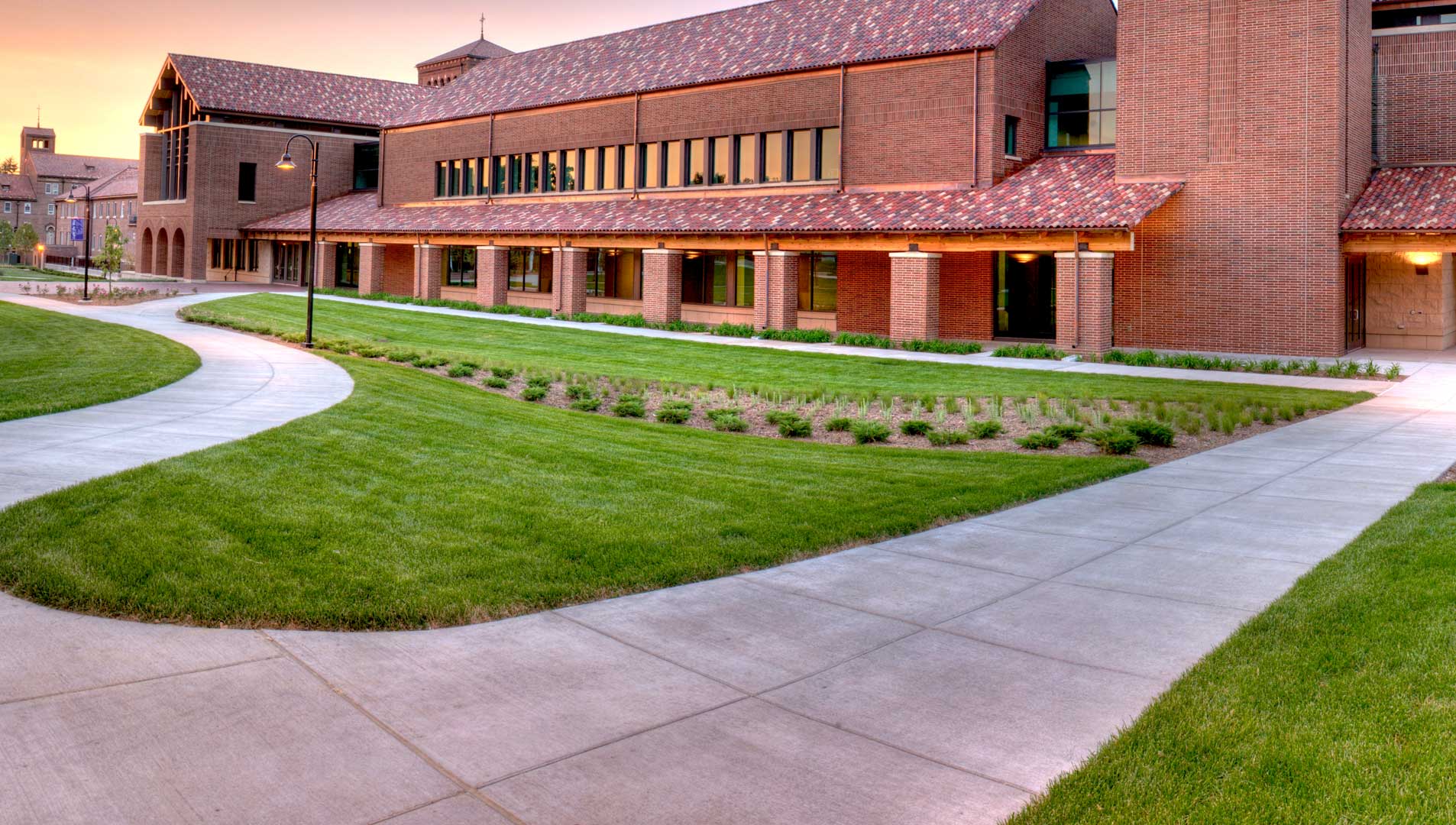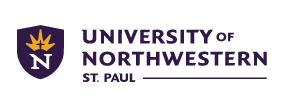Confluence has moved to Atlassian Cloud! Please visit https://unw.atlassian.net/wiki.
Employees should login to Confluence Cloud by clicking the --> arrow in the upper right corner of the screen after visiting the new page. You can use the search feature to search for the article name that you were looking for.
Additional documentation about how to use Confluence can be found in our Confluence KB article
You will be redirected to the new site automatically in 30 seconds.
You will be redirected to the new site automatically in 30 seconds.
University of Northwestern – St. Paul is a private, non-denominational Christian university
Send questions & comments about this Web site to webmaster@unwsp.edu
©2018 University of Northwestern – St. Paul |
3003 Snelling Ave N, St. Paul, MN 55113-1598 | 651-631-5100 | 800-692-4020

